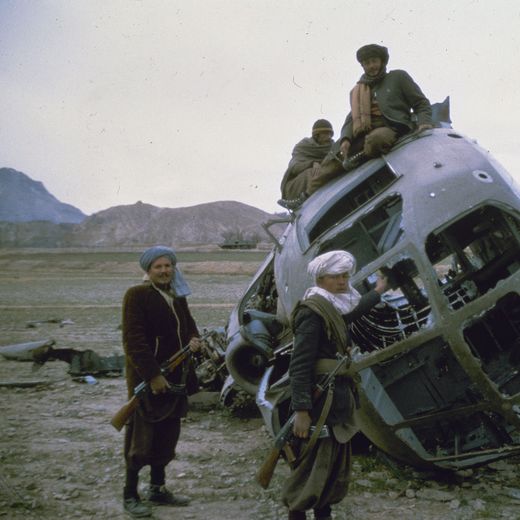
Introduction
The recent developments in Afghanistan have captured global attention, particularly following the Taliban’s return to power in August 2021. The situation in the country remains critical, with widespread implications for humanitarian efforts, regional security, and international relations. This article delves into the current state of Afghanistan, examining the challenges it faces and the international response to these issues.
Humanitarian Crisis
As of early 2023, Afghanistan is grappling with one of the worst humanitarian crises in the world. The United Nations reports that more than 24 million people—nearly 60% of the population—require assistance, including food, healthcare, and shelter. The combination of ongoing conflict, economic downturn, and harsh winter conditions has exacerbated the plight of the Afghan people. Aid agencies, including the World Food Programme, are struggling to provide essential services due to a lack of funding and restrictions imposed by the Taliban.
Political Landscape
Politically, Afghanistan remains unstable. The Taliban’s governance style has raised concerns about human rights, particularly regarding women’s rights and freedom of expression. Many countries have been hesitant to officially recognise the Taliban regime, which complicates international aid efforts and economic recovery. The humanitarian situation necessitates urgent global action; however, the political context poses significant challenges. Recent reports indicate rising tensions between various factions within the Taliban, contributing to a climate of uncertainty.
International Response
The international community has been divided in its approach to Afghanistan since the Taliban’s takeover. While some countries have engaged in dialogue with the Taliban, advocating for human rights and the need for humanitarian access, others have maintained strict sanctions and isolation. Humanitarian organisations continue to call for unimpeded access to assist those in need, irrespective of the Taliban’s governance. The US has pledged humanitarian aid, but conditions attached to this aid, such as human rights guarantees, complicate the delivery process.
Conclusion
The future of Afghanistan remains uncertain, with significant challenges ahead for its government and citizens. The humanitarian crisis demands urgent attention and action from the global community, while the political dynamics pose ongoing risks to stability. As we move further into 2023, it is imperative for international stakeholders to pursue strategies that support recovery and ensure the wellbeing of the Afghan population. The developments in Afghanistan will continue to impact not just the region, but global security and humanitarian policies at large.


